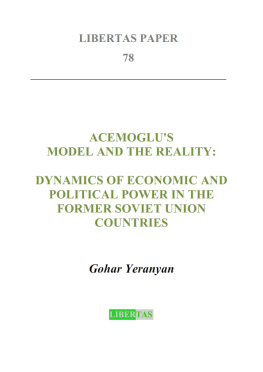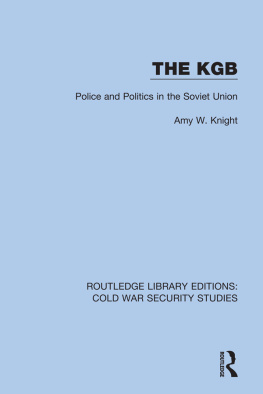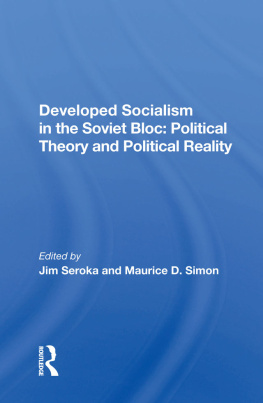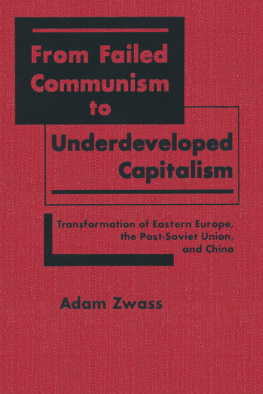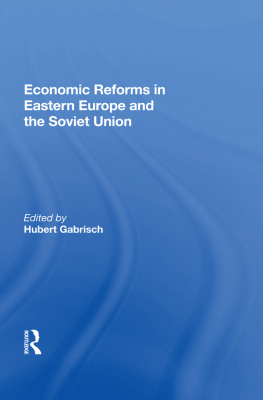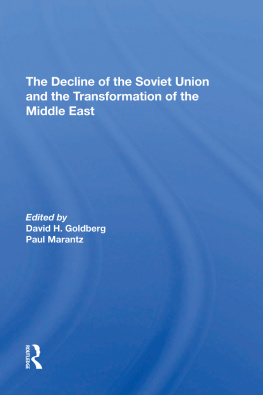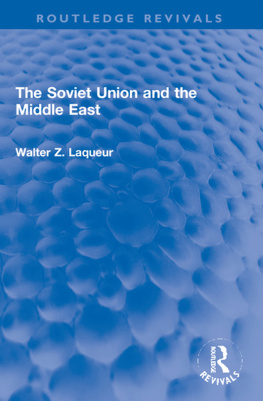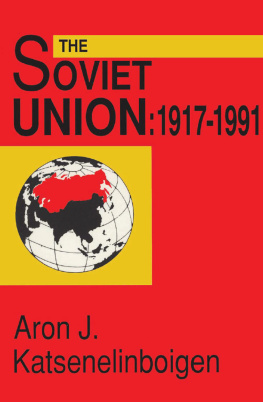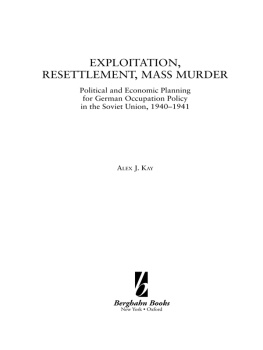Bibliografische Information der Deutschen Bibliothek
Die Deutsche Bibliothek verzeichnet diese Publikation in der Deutschen Nationalbibliografie; detaillierte bibliografische Daten sind im Internet ber http://dnb.ddb.de abrufbar
This study is based on a Master's essay submitted to the Faculty of the Graduate School of Political Science and International Affairs at the American University of Armenia, Yerevan, for a degree of Master of Arts.
Rangendingen, October 2013
by LIBERTAS - Europisches Institut GmbH
LIBERTAS Europisches Institut GmbH,
Lindenweg 37, 72414 Rangendingen, Germany
Tel. +49 7471 984996-0
Fax +49 7471 984996-19
eMail :
Internet: www.libertas-institut.com
ISBN 978-3-937642-46-8 (print version)
ISBN 978-3946119-13-5 (epub version)
ISBN 978-3-937642-45-1 (MobiPocket)
The Author
Gohar Yeranyan lives in Yerevan/Armenia and belongs to a new generation of future Armenian leaders. She studied first for her B.A. and M.A. in philosophy and psychology at Yerevan State University, with a Master thesis on Bergson's intuitivism, and then for another M.A. in Political Science and International Affairs at American University of Armenia (AUA). On the basis of the Master thesis at AUA this book was published. She stands for a cross-skilled approach to all scientific questions, like here: philosophy + psychology (+ aspects of a mathematical approach) + political science + international relations.
A member of the Non-Governmental-Organization Democracy for Development, she has gained experience in work-life as a loan officer for an agriculturalloan organisation,as a trainer for Foundation for the Preservation of Wildlife and Cultural Assets (FPWC), giving training in leadership and intercultural communication, and from alectorshipin the EU for scientific books.
ACKNOWLEWDGMENTS
Idlike to express myspecialgratitude towards my Faculty Advisor, Dr.AleksandrGrigoryan. His support and assistance during my research has gone beyond the discussions of the technical issues, as he has givenmea lot of creative ideasand insights that have been included in my research. However, his support forsolving quantities exercisesfor thetechnicalpart of the research is significant as well. I was privileged to haveachance to work with such ahighlytalented, supportive and patient personality.
Idalsolike to thank Dr.VacheGabrielyanfor his suggestions on the literature andonsome methodological issues.
This research wouldhave beenincomplete without the critical remarks and comments given by the Dean of the Political Science and International Affairs department,Dr.LucigDanielian.
GoharYeranyan
Table of Contents
LIST OF ABBREVIATIONS AND ACRONYMS
FSU F ormer Soviet Union
GDP G ross D omestic P roduct
IM F International Monetary Fund
PPP P urchasing P ower P arity
SU Soviet Union
ABSTRACT
After the collapse of the Soviet Union, the former Soviet Union countries entered the transitional period. However, t he former Soviet Union reality in terms of political and economic power interactions is something which can be discussed and explored via some models and estimations despite some differences of the countries path. This research applies a dynamic model developed by Daron Acemoglu and discusses it for the former Soviet Union countries as a hypothesis taking the assumption that it is relevant for them as well. Hence, according to this model political institutions and the distribution of resources are the state variables which determine economic and political institutions that, in their turn, determine economic performance and the further distribution of resources. Besides, it is proposed a fixed effect panel estimation in order to find out whether the given framework is appropriate for the former Soviet Union. The estimation seeks a correlation with Freedom H ouse D emocracy Index as the measure for the political institution s, G ini C oefficient I ndex as the measure of distribution of resources , and GDP (Gross Domestic Product) level as the measure of economic performance. The following six f ormer Soviet Union ( FSU ) countries are examined:
Armenia,
Belarus,
Kyrgyzstan,
Russia,
Ukraine,
Moldova .
The research comes up with some findings in which state that while the democracy level is decreasing, inequality is still decreasing as well. Thus, using the given framework , the research concludes that the further decrease in inequality will lead to democratization. So, as a recommendation, the research calls e. g. the government of the Republic of Armenia for further dec rease in inequality by using both the means of i nternational organizations and providing consistent G D P growth.
METHODOLOGY
The chosen methodology is a combined one, because i t uses both deductive and inductive methodology. As a theoretical framework it takes Daron Acemoglus (2005 a ) dynamic model. This framework is enriched by case studies from the FSU countries.
For primary data the research conducts a fixed effect panel estimation by Eview . The examined countries are Belarus, Armenia, Russia, Ukraine, Moldova, and K y rg y zstan. The period of estimation is from 2001 to 2008. The data used are Freedom House D emocracy I ndex (from 1 to 7, where 1 is perfect democracy and 7 is perfect non-democracy) , G ini C oefficient (from 0 to 1, where 0 is perfect equality, 1 is perfect inequality) and G D P level adjusted by PPP (purchasing power parity) in real terms.
The findings are discussed in the context of Kuznets curve (19 ) and Acemoglus framework (2005 a ) , which provides the dynamics of the found correlations.
Kamer Daron Acemolu (born September 3, 1967 in Istanbul, Turkey) is a Turkish-American economist. He is currently the Charles P. Kindleberger Professor of Applied Economics at Massachusetts Institute of Technology. He is the winner of the 2005 John Bates Clark Medal awarded to economists under forty judged to have made the most significant contribution to economic thought and knowledge, and he is among the 20 most cited economists in the world according to IDEAS/ RePEc . Acemolu got his B.A. degree from the University of York, UK, and his M.Sc. degree in mathematical economics and econometrics and then his Ph.D. degree in 1992 from the London School of Economics. A lecturer in economics at the LSE from 1992-1993, Acemolu became a member of the M.I.T. faculty in 1993. He was promoted to full professor in 2000, and was named the Charles P. Kindleberger Professor of Applied Economics in 2004. He is a member of the Economic Growth program of the Canadian Institute of Advanced Research, and also affiliated with the National Bureau of Economic Research, Center for Economic Performance, and Center for Economic Policy Research. His principal interests are political economy, economic development, economic growth, technology, income and wage inequality, human capital and training, and labour economics. His most recent works concentrate on the role of institutions in economic development and political economy. Daron Acemolu is also the co-editor of Econometrica , Review of Economics and Statistics, and associate editor of the Journal of Economic Growth, and an editorial committee board member of the Annual Review of Economics.

